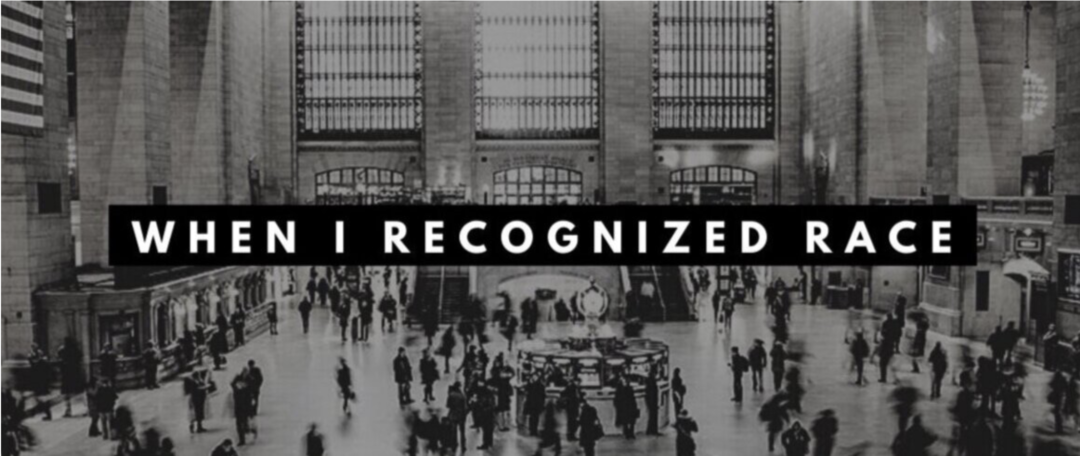I wish I could tell you that growing up in a black neighborhood and being a minority myself led me to think in a healthy way about race and racism. But it didn’t. I wish I could tell you fostering three black girls for almost a year changed my view on race and racism. But it didn’t. I wish I could tell you that adopting our black daughter was when I Recognized Race. But it didn’t. Honesty, it wasn’t until the murder of George Floyd that my view on race and racism changed, forever.
Unfortunately, the second clause of Romans 12:15, “Mourn with those who mourn,” is something I’d pick and choose whenever I felt like applying it. For example, if I knew you had depression and we were somewhat close, I could sit and empathize with you; I could go and educate myself to better love you. And I found myself doing that with a number of different types of sufferings or struggles people went through.
However, when it came to the murder of George Floyd and the response to it, I chose to ignore, “Mourn with those who mourn.” I didn’t understand why some of my black friends in and out of the church were outraged, sad, heartbroken, and angry. I thought to myself, yes, it was heartbreaking to see one of God’s image bearers die. But before we react, let’s get all the facts, let’s see what truly happened before the time of the murder, and let’s not assume the motivation of the murder was racially motivated. As you can see, I didn’t want to engage in the complexity of a different story because I truly believed that my story was the only one that mattered, that it was the right one. And during the time that my analysis made me hold judgment in abeyance, I refused to weep with those who were weeping.
That all started to change as three relationships in my life challenged me. First, my wife helped me. The number of conversations we had about the issue of race in America increased exponentially. Looking back, I lament that I used to make fun of her for being “woke” or an “SJW” when she would share her heart about the racism she saw happening. This whole time she was a clear example of what Christian empathy should look like towards injustice, and I mocked it. Nevertheless, she was gracious enough to continue to educate me and help me see how racism was still prevalent.
Second, we had a young black man living with us during this time, and visibly seeing him impacted and hearing why it was a big deal to him really moved me.
Third, a sweet friendship with a black family from our church began to blossom, and they had the greatest impact on me. God used this relationship to educate me, to convict me, and to move me to see how prevalent racism was in our country. They were gracious and patient with my ignorance, were open to answer all of my questions, and set a beautiful example of what Christ’s love looked like in the midst of pain. They also helped me see the reality and magnitude of raising a black daughter in America. It started to become clear that I didn’t have the “privilege” to be indifferent or turn a blind eye to race and racism without it negatively affecting my family.
So, I started listening to podcasts like United? We Pray, reading books about black history in the United States and the church, studying Scripture more to see how the Bible speaks about racism (or, in more biblical terms, ethnic partiality), justice, diversity, etc., and I started to pray like I never have before.
As you can see, I had missed the mark. However, God used this horrific moment of George Floyd’s murder, along with the grace of others, to not only teach me about the realities of race and racism, but to teach me how to be a faithful father to my daughter as well as how to “Mourn with those who mourn.” HB Charles Jr once said, “The Bible calls us to weep with those who weep; it doesn’t tell us to judge whether they should be weeping.”
This experience can be distilled into three lessons I learned:
1. Diversify your Relationships: Be willing to learn to understand people who are different than you. Take a step out of your comfort zone and broaden your perspective beyond the boundaries of your own ethnic group.
2. Listen attentively: Don’t come with assumptions. Listen well by hearing their stories, wounds, pains, affliction, hopes, joys, etc.
3. Believe your brother or sister: When a brother or sister shares their racialized experiences with you, greet them with a love that is willing to say, “I believe you, I lament with you, and I will hope in Jesus with you.”
Prayer Requests:
- That our hearts would be soften towards the conversations happening around race issues.
- That we would be willing to seek out our Black brothers and sisters, listen to them, empathize with them and stand with them.
- That we would live in harmony with one another.











